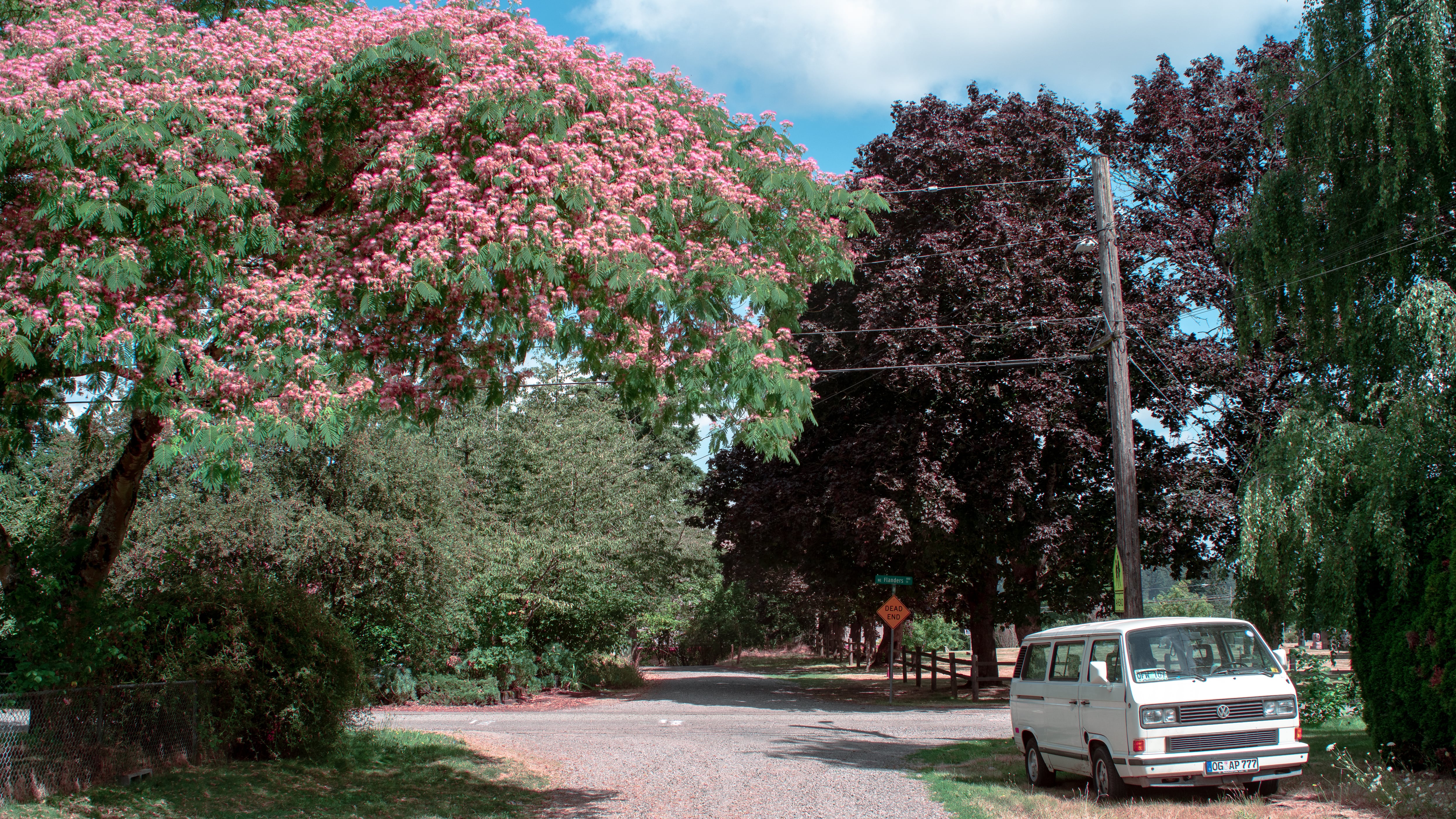I’m a recent transplant from Chicago. What’s the deal in Portland with the random unpaved sections of road? It’ll be fine; then suddenly, for a block or two, it’s unpaved. Is this the result of some long-standing Hatfield-McCoy feud between a property owner and the city? —Ramzy
Don’t tell anyone, but we actually had to rip up 60-plus miles of perfectly good road to build those “unimproved” blocks. It’s all part of the plan to make Portland seem like a dump so folks from larger, better-developed cities won’t want to live here—you know, like all those out-of-work crisis actors we pay to camp on the streets and pretend they’re homeless.
But seriously, Ramzy, your guess about a feud between the city and property owners isn’t too far off. It’s not exactly a shooting war, but it’s certainly an example of competition between public and private interests, and I daresay there are some homeowners who find it egregiously unfair.
At first blush, it does sound like an unbelievable ripoff: Those “Roadway Not Improved” blocks are, by statute, not the city’s problem. Not only will the city not improve them, it won’t even pay to maintain them in their current state of shittiness. Maintenance is the responsibility of the adjacent property owners, and the only way to turn these sad chunks of possum habitat into actual streets is for those property owners to pay, out of their own pockets, to have them graded, paved and brought up to the same standards as regular city streets. Then, and only then, will the city take over.
What’s the justification for this uncharacteristic hardassery? Well, remember, Portland’s neighborhoods weren’t built by city government; most started out as housing tracts on unincorporated land. Part of the process of turning near-worthless pasture land into high-dollar real estate is building streets, which the developer pays for as part of their investment. If the city ends up annexing the neighborhood, they’ll take over the streets—as long as they’re up to code.
However, if that long-ago developer’s plans included some rights of way that in real life they never got around to improving beyond oxcart-path standards, you’ll probably still need an ox to traverse them today. The folks who wrote Portland’s city ordinances decided that fixing developers’ oversights shouldn’t be the taxpayers’ problem—and besides, someday those abandoned cart paths may be good for scaring off carpetbaggers (or at least oxen).
Correction: In fact, Portland City Hall does maintain gravel roads.
Questions? Send them to dr.know@wweek.com.

